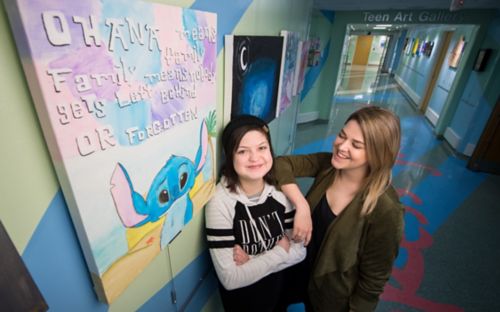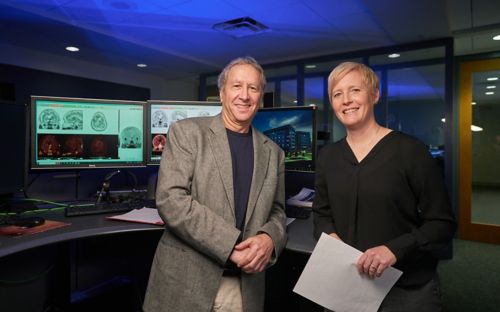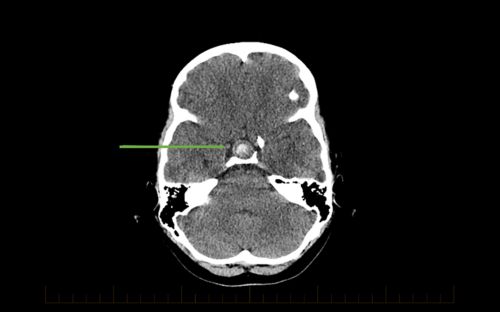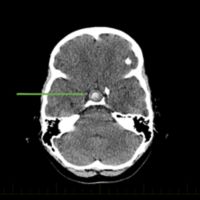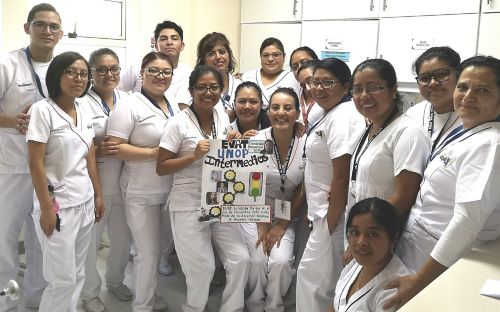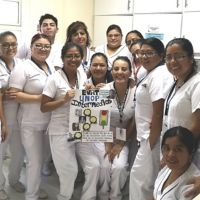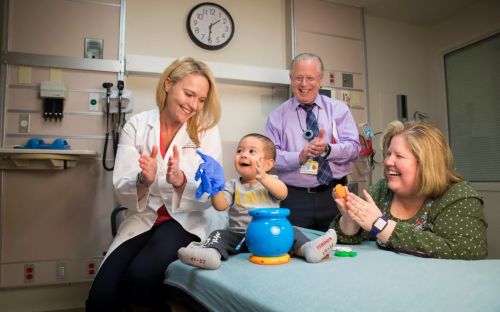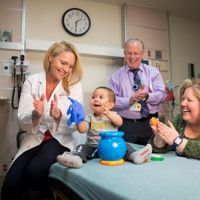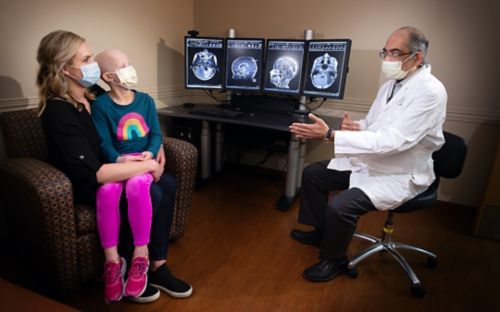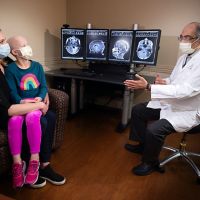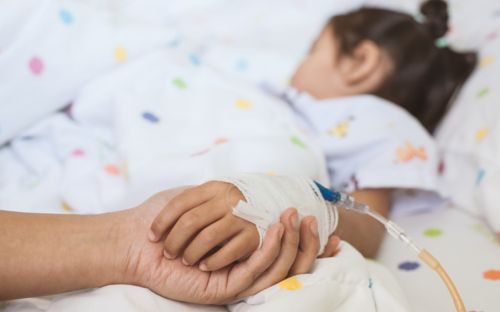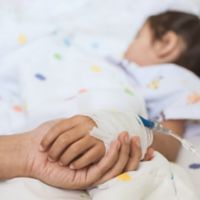St. Jude Family of Websites
Explore our cutting edge research, world-class patient care, career opportunities and more.
St. Jude Children's Research Hospital Home

- Fundraising
St. Jude Family of Websites
Explore our cutting edge research, world-class patient care, career opportunities and more.
St. Jude Children's Research Hospital Home

- Fundraising
Clinical
Find out how research at St. Jude underlies clinical progress in the care and treatment of cancer, blood disorders, neurological disease and more.
Research adds to understanding of AYA patients
Psychological, social and behavioral research sheds light on the needs of adolescents and young adults with cancer.
Diagnostic Imaging receives hospital’s first Expanded Access use designation from FDA
St. Jude received the hospital’s first expanded access designation from the FDA for use of PET scans with [11C]Methionine a tracer that makes imaging results clearer.
St. Jude advice to young adults with sickle cell disease: Stay connected
The St. Jude Methodist Sickle Cell Disease Transition Clinic helps patients move from pediatric to adult care, an important stage where patients often experience roadblocks to maintaining their health.
Studies of rare craniopharyngioma reveal ways to improve long-term outcomes for patients
A St. Jude clinical trial launched more than 25 years ago has helped to transform understanding and care for children with the brain tumor craniopharyngioma.
Latin American hospitals implement tool to identify kids whose condition is deteriorating
Flexible and tailored implementation strategies helped pediatric cancer centers across Latin America scale up a proven quality improvement strategy.
SAFER Ukraine: a framework for responding to global conflicts
What lessons can be learned from the remarkable success of SAFER Ukraine?
Five years later: gene therapy for ‘bubble boy’ disease
Interim results point to enduring immune function following gene therapy for Infants with ‘bubble boy’ disease
Reflecting on nearly 40 years of progress against pediatric brain tumors
May is Brain Tumor Awareness Month and a good time to learn more about the diverse group of diseases that make up the most common childhood solid tumor.
The double-edged sword of being both parent and blood stem cell donor
What are the potential psychological and emotional risks and rewards for parents who serve as their children’s bone marrow donors?
When work takes a toll: St. Jude research adds to our understanding of physician burnout.
St. Jude researchers looked at burnout and perceived work demands among St. Jude physicians and found that emotional exhaustion and time demands are key factors in a problem that affects both provider and patient.
